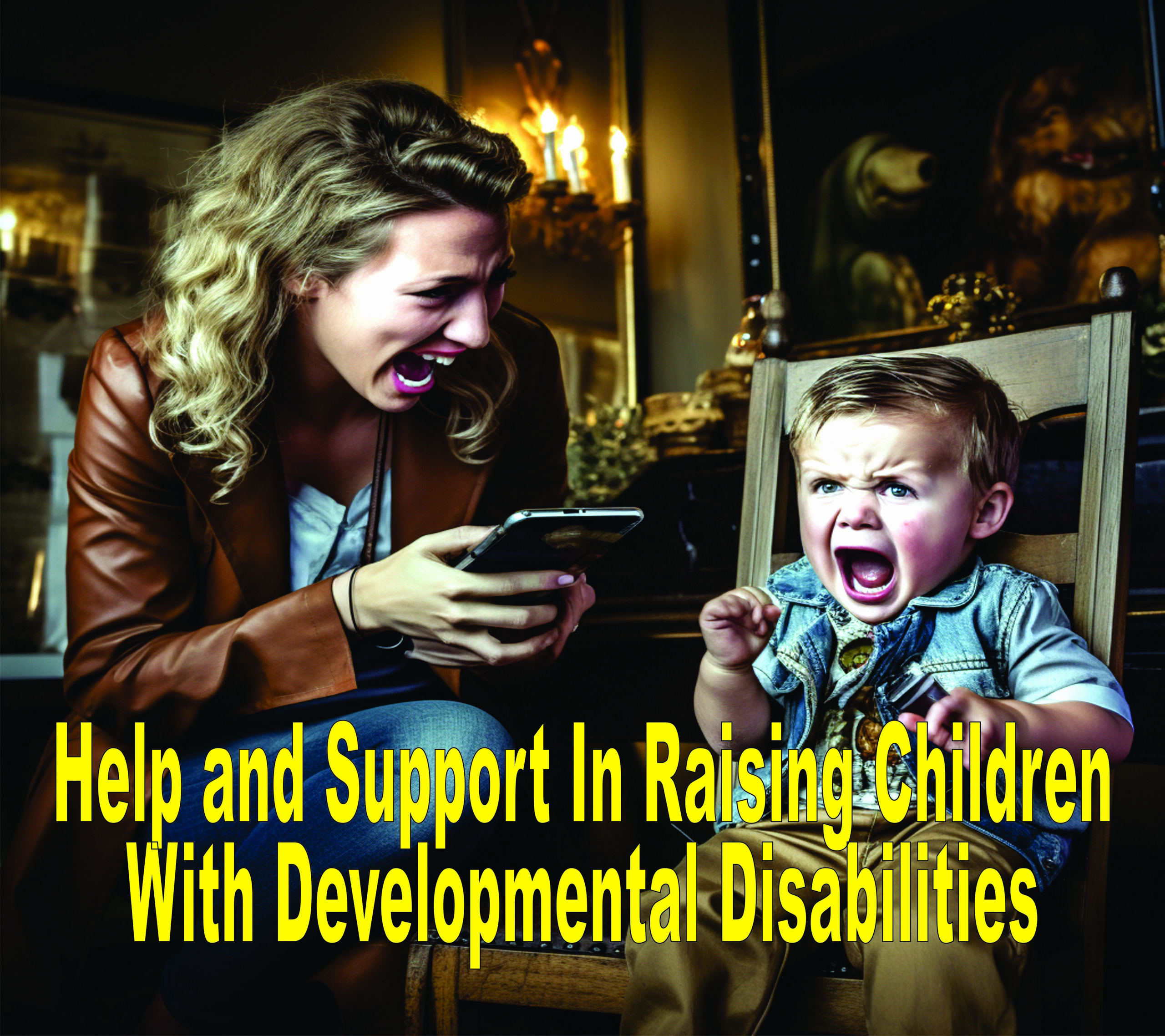Last Updated on October 25, 2023 by Lori Pace
Nurturing a child with unique developmental characteristics brings forth distinct experiences and rewards. It entails an expedition that necessitates fortitude, composure and a solid network of assistance.
As a parent, it provides reassurance to know that an array of aids and support systems are at your disposal while traversing this path. In this blog post, we will delve into eight diverse types of support and resources that can positively influence your child’s life and your personal well-being.
Early Aid Initiatives
Programs aimed at early intervention purposefully aid children with special needs from birth to three years of age. These initiatives strive to identify and address developmental delays at the initial stages, fostering optimal growth and progress.
Early intervention services may encompass therapeutic practices such as communication therapy, occupational therapy, physical therapy, and specialized education. By leveraging these initiatives, you ensure that your child receives the requisite support during their critical formative years.
Educational Assistance Services
Education plays a pivotal role in the advancement of children with distinct needs. Based on your child’s requirements, an array of educational options are available. These may include customized educational programs, individualized education plans (IEPs), or inclusive classrooms that offer supplementary support from educators or aides.
Close collaboration with teachers and school administrators aids in cultivating an inclusive learning environment tailored to your child’s unique necessities.
Therapeutic Measures
Therapeutic interventions, such as communication therapy, and physical therapy, offer substantial benefits to children with developmental differences. These interventions focus on enhancing communication skills, refining fine and gross motor skills, and overall physical well-being.
By working alongside therapists and incorporating their expertise into your child’s routine, you can significantly influence their development and quality of life.
Support Circles
Establishing connections with fellow parents encountering similar challenges can yield invaluable emotional support and pragmatic counsel. Support circles provide a secure space for sharing experiences, seeking guidance, and learning from one another.
Online communities, local groups, and organizations devoted to assisting families of children with unique characteristics serve as outstanding resources for discovering these support networks. Cultivating relationships within these groups fosters a sense of belonging and mutual comprehension.
Break Relief
Caring for a child with developmental differences can exert both physical and emotional strain. Prioritizing your own well-being is of utmost importance. Break relief services offer temporary respite to parents by providing trained caregivers who can attend to your child’s needs.
This allows you to take a break, recharge, and tend to your personal requirements, effectively reducing stress and averting burnout.
Financial Aid
Raising a child with developmental differences often incurs additional expenses for medical care, therapies, and specialized equipment. Exploring financial assistance programs, such as governmental grants, Medicaid waivers, or disability-specific organizations, can help alleviate the financial burden.
These resources extend financial support and facilitate access to essential services, ensuring that your child’s needs are met.
Adaptive Technology
Adaptive technology encompasses tools and devices designed to assist individuals with distinctive characteristics in their daily activities. These technologies span from communication devices to sensory aids and mobility devices.
Collaborating with therapists and adaptive technology specialists aids in identifying the most suitable tools to enhance your child’s independence and overall quality of life.
Exploring Alternative Living Arrangements
For some families, investigating alternative living arrangements, such as specialized group homes, may emerge as a viable option as their child grows older. Specialized group homes offer a supportive and structured environment tailored to individuals with developmental differences.
These homes provide comprehensive care, including medical support, therapy services, and opportunities for socialization. They can help improve the quality of life for your child while enhancing safety with tools like group home software.
It is important to conduct thorough research and visit potential group homes, ensuring that they align with your child’s needs and your expectations, before making any decisions.
Conclusion
Raising a child with developmental differences encompasses a challenging yet fulfilling journey. You may provide your child the best chances for growth, development, and happiness by utilizing numerous sorts of help and support.
Seek out early aid initiatives, educational support, therapeutic measures, and connect with support circles. Take advantage of break relief, explore financial aid programs, and consider adaptive technology options.
Ultimately, by establishing a robust support system and utilizing available resources, you can navigate the complexities of nurturing a child with developmental differences with confidence and resilience.



